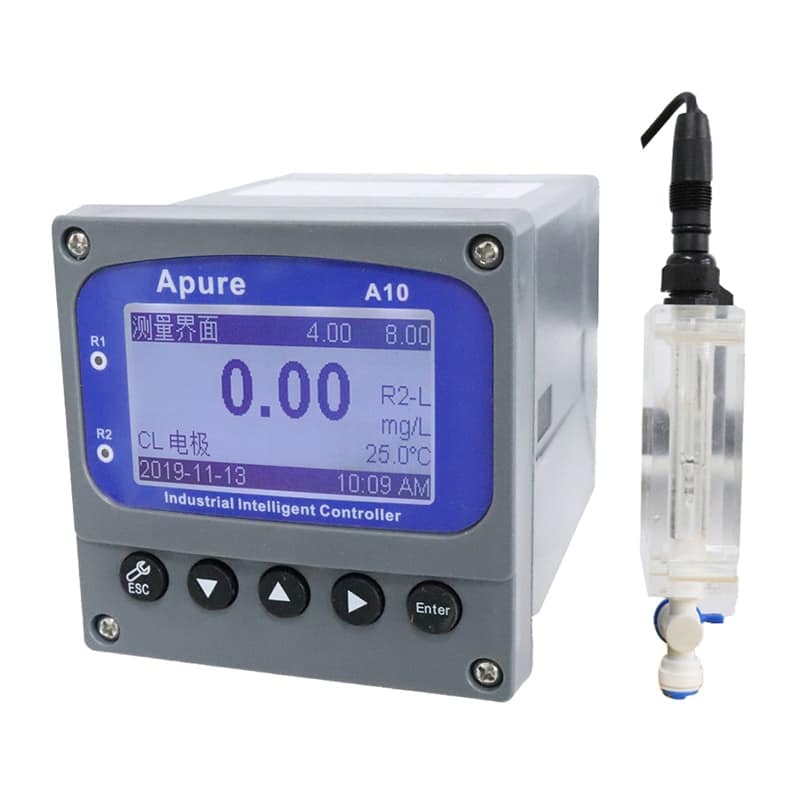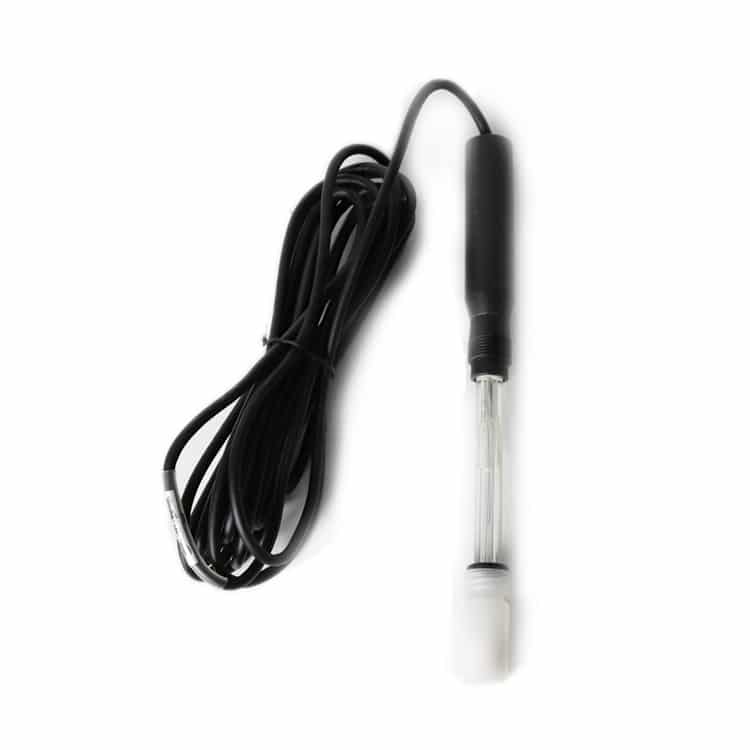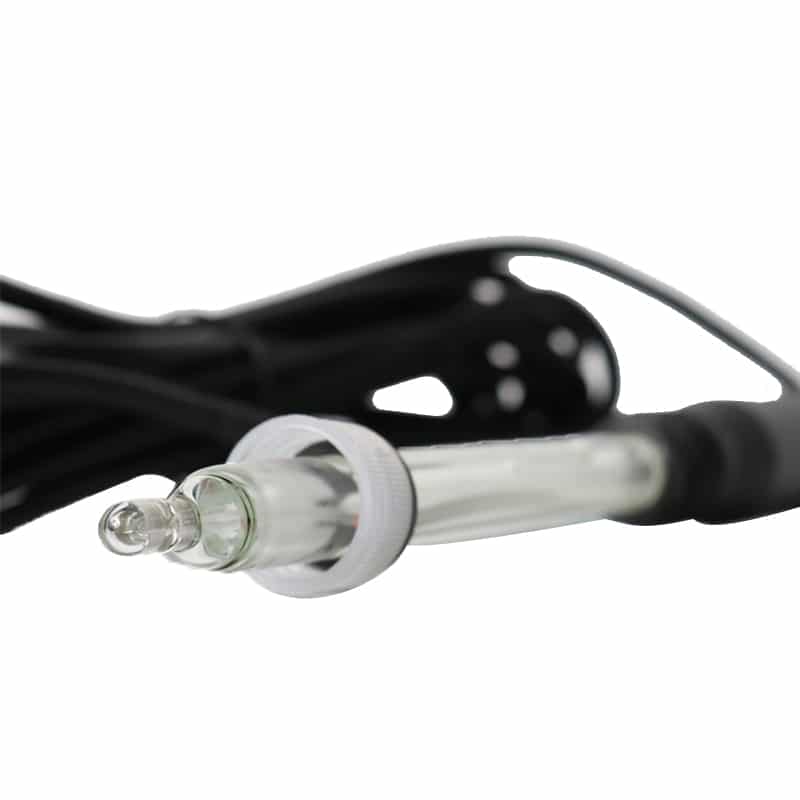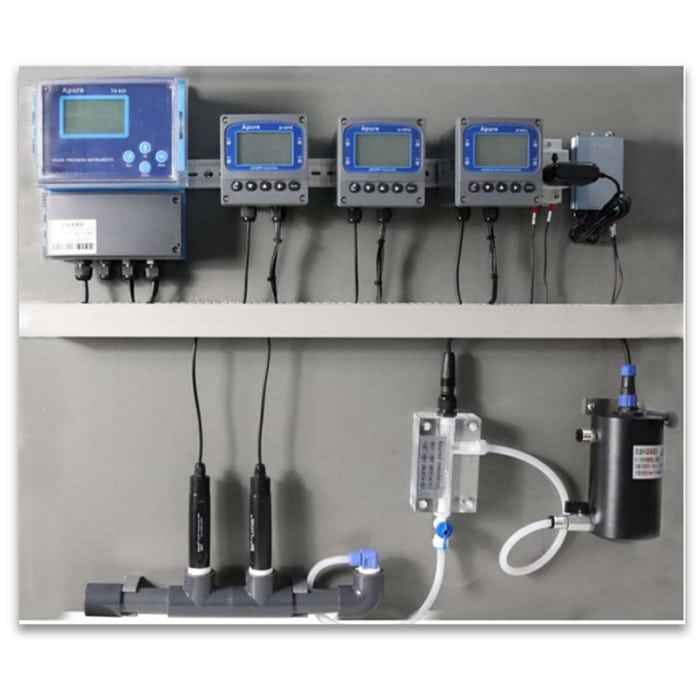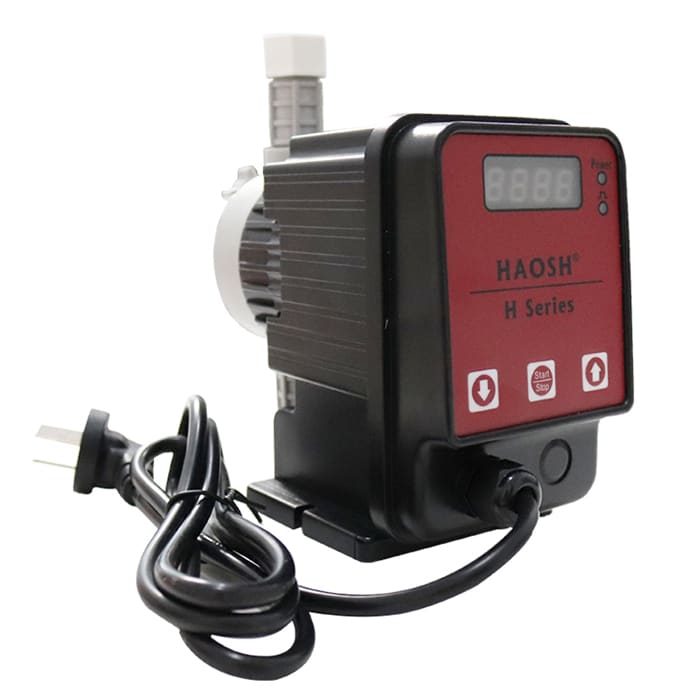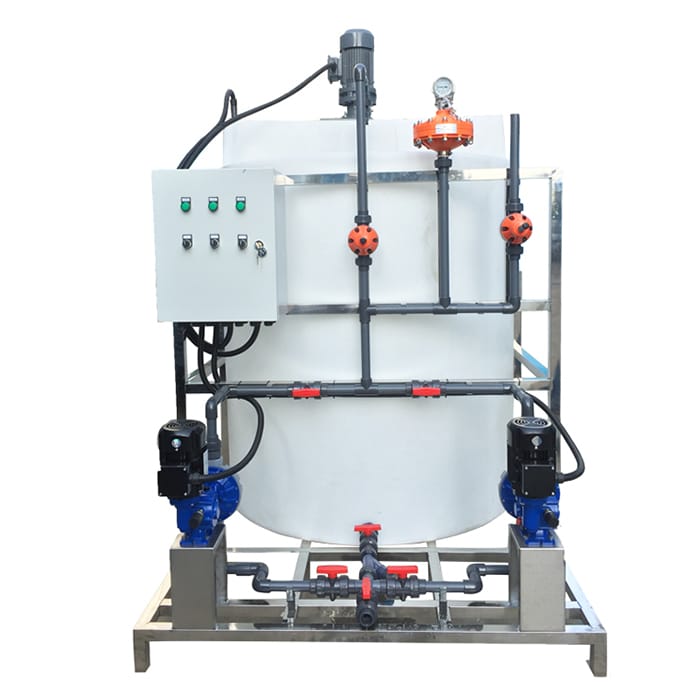Chlorine is a standard chemical element that is often used to provide clean drinking water to people around the world. Chlorine is very effective and important for water quality monitoring because of its ability to kill bacteria through a chemical reaction. Whether you are treating a swimming pool or working in a water treatment facility, using the right amount of chlorine will keep the water free of impurities.
When chlorine is added directly to pool water, it breaks down into chemicals such as hypochlorite ions and hypochlorous acid, both of which are effective in killing bacteria and various microorganisms. You should know the difference between free chlorine and total chlorine, as each type of chlorine acts differently in water. If you want to determine the effectiveness of your sanitation efforts, it is important to correctly identify the free and total chlorine levels in your water.
Because chlorine kills bacteria and similar microorganisms, its primary applications include use as a disinfectant in swimming pools and in the treatment of drinking water. Chlorine is also used in the manufacture of consumer products, such as textiles and paints. The vast majority of pharmaceuticals will use chlorine in the manufacture of new drugs.
Because chlorine has many applications, it is important to understand how chlorine works and the difference between free and total chlorine.
What is chlorine?
Chlorine is a chemical element with the symbol Cl. Chlorine monomers consist of two chlorine atoms and have the chemical formula Cl2. Chlorine monomers are commonly known as chlorine gas in the gaseous state and liquid chlorine monomers are commonly known as liquid chlorine. Chlorine gas is a yellow-green gas at room temperature and pressure, with a strong irritating odor, very active chemical properties, and toxic.
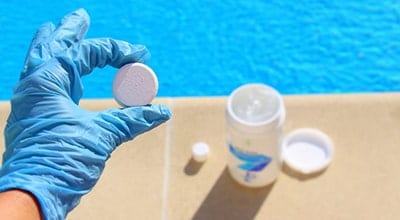
Chlorine is widely present in nature in its chemical form and is often used as a component in different types of products. Because of its disinfecting and bleaching abilities, chlorine is used as an ingredient in many cleaning products.
What is chlorine used for?
Chlorine is effective when used for cleaning purposes because the element is broken down into smaller chemicals, such as hypochlorite ions and hypochlorous acid, which kill bacteria and microorganisms in the water. When chlorine is combined with chemicals such as ammonia, the bacteria you are trying to remove are oxidized, rendering them harmless.
Benefits of chlorine
Chlorine offers some significant benefits over other cleaning solutions, chief among them being that it is very powerful and very effective at removing contaminants from water.
- While some cleaning solutions can be costly, chlorine is relatively inexpensive and can work well for your needs.
- Chlorine is also easy to use and is not as harmful as some other cleaning solutions.
- Chlorine provides long-lasting protection against recontamination, which is not always possible with other cleaning solutions.
The only problems with using chlorine for disinfection purposes include low effectiveness in cloudy water and a strong odor.
Three main types of chlorine
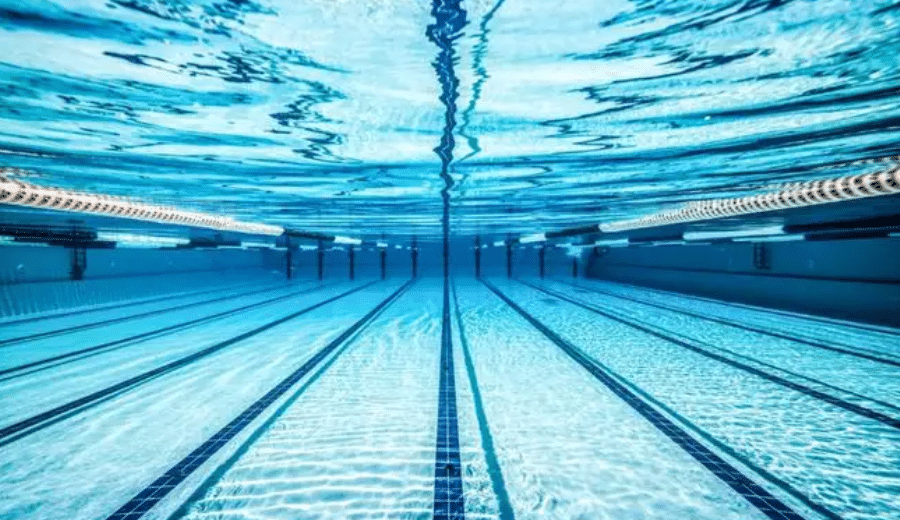
There are 3 types of chlorine, including free chlorine, combined chlorine and total chlorine. Free chlorine involves the amount of chlorine that can disinfect a contaminant, while bound chlorine is the chlorine that is directly bound to the contaminant. Total chlorine is essentially the sum of free chlorine and bound chlorine.
The formula for calculating chlorine is free chlorine + combined chlorine = total chlorine
Free chlorine
Free chlorine is the amount of chlorine, measured in parts per million (ppm), that has not yet combined with chlorinated water to effectively disinfect contaminants and can be used to eliminate harmful microorganisms and neutralize contaminants.
This specific type of chlorine is important for monitoring purposes because it is necessary if you want to sanitize your swimming pool. If there is not enough free chlorine in the water, you will not be able to remove the bacteria and other contaminants that have built up.
When you measure the amount of free chlorine in your pool, make sure the reading is between 2 and 4 PPM. This form of chlorine is very different from other types of chlorine because it has not been used, which allows it to be used for disinfection purposes. Learn about the other two types of chlorine to better understand how to maintain the proper chemical balance in your swimming pool or wastewater treatment facility.
Combined chlorine
Combined chlorine is a type of chlorine that is produced when your swimming pool is disinfected.
During this process, the chlorine will combine with any contaminants in the water and will produce bound chlorine. When you measure the water in your pool, the amount of combined chlorine in the water should be less than 0.5 PPM. If the number is higher, the pool may need to be shocked to eliminate the odor from the large amount of combined chlorine.
Any bound chlorine in the pool water means that the free chlorine is currently breaking down some of the contaminants in the water. A clean and fully disinfected pool has zero combined chlorine. If you always keep a moderate amount of free chlorine in the pool, there should be very little bound chlorine in the pool water.
Total chlorine
Total chlorine is the sum of combined chlorine and free chlorine and can be used for a number of reasons.
True chlorine is easy to test in water compared to free or bound chlorine, which is why many cheaper chlorine measurement tests will specifically test for total chlorine. In clean water, the amount of total chlorine can be used to determine the amount of free chlorine in the water, as the bound chlorine should be zero.
How to test free chlorine, combined chlorine and total chlorine in swimming pools?
Measuring the chlorine level in your pool is essential if you want to keep your pool water clean and disinfected. Maintaining proper chlorine levels will also keep the water clear. While it is recommended that you test your pool water daily, if you test your water every other day, your pool should be fine. Testing the pool water is especially important if your pool is uncovered and exposed to sun, rain, leaves and wind.
There are three common ways to test your pool for free, mixed and total chlorine, which include chlorine test strips, chlorine test kits and electronic/digital chlorine testers. Chlorine test strips are made of plastic and have a chemical pad attached to the stick. The chemical pad reacts with the water and changes color to give you a rough estimate of the amount of free, combined and total chlorine in your pool.
When looking specifically at chlorine test kits, which come in many different shapes and sizes, the core similarity is that they all use the same titration process to test for chlorine in water. When using one of these test kits, you are tasked with adding a few drops of some type of reagent to a water sample to measure the amount of chlorine in it. The water will change color and you can compare it to the color panel available on the test kit instructions. The most accurate way to test the chlorine content of your water is to use an electronic/digital chlorine tester, which provides an accurate reading without you having to compare colors.
Apure products
Apure offers a variety of accurate and durable meters and sensors that you can use to test the chemical composition of your pool water. While test kits may be accurate for some simple applications, it is highly recommended that you use our digital residual chlorine sensor, which provides you with a direct measurement of residual chlorine in parts per million. The technology within this sensor should always provide you with accurate results.
Whether you need a free chlorine sensor to determine the chlorine level in your pool water or to ensure that your disinfectant is working properly in your cooling tower, the KCL sensor should provide you with what you need.
Swimming pool chemical monitoring system
You can use a variety of pool monitoring systems to determine the water quality in your pool, as well as dosing the pool with the help of chemical metering pumps or packaged chemical dosing systems to ensure that there are no impurities in the water. It is important to monitor the water quality in your pool because the buildup of impurities can lead to the growth of harmful algae that can make it unsafe to swim in your pool.
The main systems that can be used to monitor pools include:
- Automated pool chemistry monitoring systems
- Smart pool monitoring devices with wireless capabilities
- DIY monitoring with electronic meters
- DIY monitoring with standard pool test kits
Apure can provide you with the water analysis instruments or chemical dosing equipment you need to continuously monitor the quality of your pool water. If you need help determining which products are right for you, contact us today.
More articles on water quality:
What is ORP?
What is salinity?
COD VS BOD
Ammonia in wastewater

